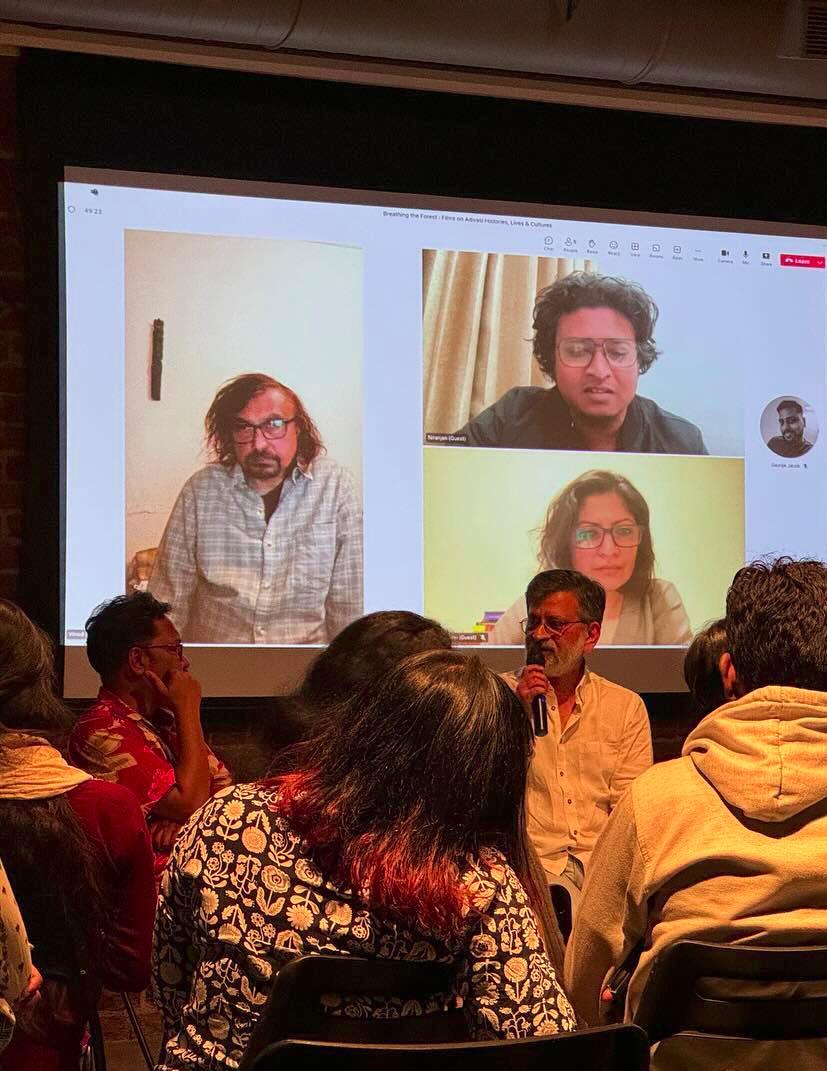Indigenous Film and Media Alliance
As of August 23, 2024, India’s population is estimated at 1,452,804,966, representing 17.78% of the world’s total population. Within this vast society, Indian communities are divided into many castes, ethnicities and religions. Among the most marginalized are the Scheduled Tribes (8.6%), Dalits (16.6%), and Denotified and Nomadic Tribes (approximately 10%), which collectively make up around 34% of the Indian population.
Why it is important?
Despite the significant presence of these communities, there is a glaring economic disparity, with a study by Oxfam revealing that the top 10% of India’s population holds over 77% of the country’s total wealth. This economic imbalance directly impacts the representation of India’s Indigenous communities in films and media. Visual storytelling plays a critical role in shaping socio-political discourse, yet the stories of marginalized groups remain largely unheard.
Indigenous filmmakers across India have long struggled to share their narratives through film and media. Despite the creation of a number of impactful films about Indigenous communities by both Indigenous and non-Indigenous filmmakers, these works often lack proper preservation and dissemination. There is an urgent need to digitally and physically archive these films, support independent filmmakers financially, and create platforms where their stories can reach a broader audience.
To address this, we have established the Indigenous Film and Media Alliance (IFMA). This initiative will focus on archiving films by Indigenous filmmakers, curating film festivals to showcase these works, and fostering dialogues with audiences both nationally and internationally. In addition to a number of filmmakers, curators and writers, institutional members of the Alliance include the Bhasha Research and Publication Centre in Baroda, Budhan Theatre in Ahmedabad, Akhra in Ranchi, the Tribal Design Forum, and the North-East India Audio-Visual Archive in Shillong. By establishing a repository of films, we can ensure that the voices of Indigenous filmmakers are preserved and heard, contributing to a richer and more inclusive cultural narrative.
Components of IFMA
1. Archive Creation
We are creating an archive of films, videos, and animations by Adivasi, tribal, and DNT communities in South Asia, across various genres and time periods. In addition to films by indigenous filmmakers across South Asia, the archive will also include independent documentary films, fiction films, colonial films, amateur films, and state-funded films representing indigenous communities.
2. Film Screenings and Festivals
IFMA holds screenings and festivals as a means to disseminate the films to a broader audience. We seek collaborations with educational institutions, film festivals, and community organisations and would welcome proposals from any arts or educational institute seeking curated screening packages.
3. Public Talks and Discussions
IFMA organises and participates in public discussions addressing the politics of representation, indigenous histories, questions of identity, relevant socio-political issues, and cinema’s role in all these. These sessions aspire to function as platforms for enabling cross-regional and cross-cultural engagements foregrounding indigenous perspectives.





